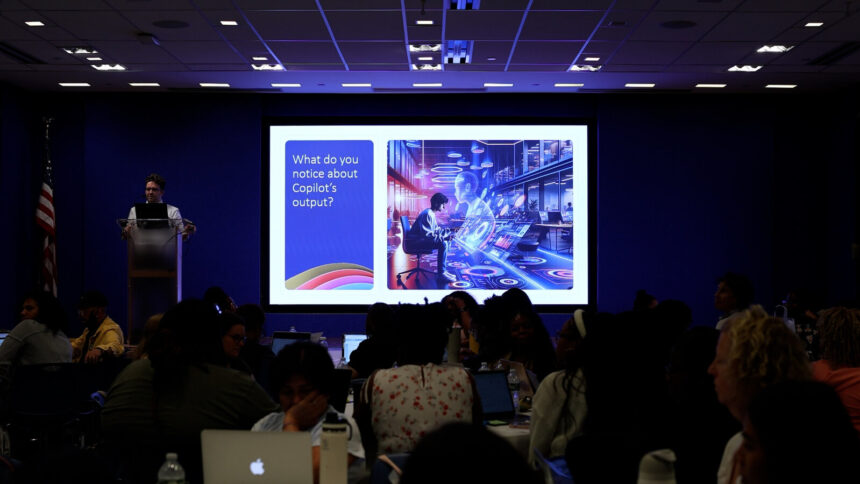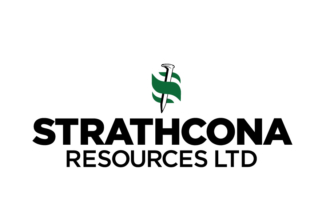In a sweeping commitment that signals the next frontier in educational technology, Microsoft announced yesterday a $4 billion investment aimed at democratizing artificial intelligence education across the globe. The tech giant’s initiative, unveiled at their Seattle headquarters by CEO Satya Nadella, represents the largest corporate investment in AI education to date and could reshape how students from Vancouver to Nairobi interact with emerging technologies.
“The gap between AI-fluent nations and those without access threatens to create a new digital divide more profound than anything we’ve seen before,” Nadella told a packed auditorium of educators and tech industry leaders. “This investment isn’t about philanthropy—it’s about ensuring humanity’s technological future includes everyone.”
The ambitious program targets three critical areas: infrastructure development in underserved regions, curriculum modernization for K-12 schools, and advanced training programs for educators. Microsoft plans to deploy AI learning labs in 25,000 schools across 60 countries by 2027, with particular focus on regions where technological resources remain scarce.
Education experts view the move as potentially transformative. Dr. Amara Okafor, education technology researcher at MIT, noted that “Microsoft isn’t just writing checks—they’re building ecosystems. The integration of AI literacy alongside traditional subjects could fundamentally alter how we prepare students for an economy we can barely predict.”
The investment comes amid intensifying competition in the educational technology sector. Google and Amazon have launched smaller but significant initiatives in recent months, with Google committing $800 million toward similar goals last quarter. Industry analysts at Morgan Stanley estimate the global AI education market will grow from $2.5 billion in 2024 to nearly $20 billion by 2030.
For educators on the front lines, the resources can’t come soon enough. “We’ve been teaching tomorrow’s workforce using yesterday’s tools,” said Carlos Mendez, a high school computer science teacher from Chicago whose school will participate in the program’s pilot phase. “My students need more than theoretical understanding—they need hands-on experience with the same technologies reshaping our world.”
Critics question whether corporate interests should play such a prominent role in educational policy. Education advocate Sandra Turner expressed concern that “when tech giants become curriculum architects, we must ask what values and priorities are being encoded into these learning systems.”
The program’s first phase begins September 2025, with Microsoft planning to onboard 5,000 schools globally within the first academic year. The company has established a dedicated oversight board including educators, civil rights advocates, and technology ethicists to guide implementation and address potential concerns about data privacy and algorithmic bias.
For students, the stakes couldn’t be higher. A recent CO24 Business analysis found that jobs requiring AI literacy are projected to grow at three times the rate of traditional employment over the next decade, while commanding salary premiums averaging 34% above industry standards.
Microsoft’s investment represents more than a corporate initiative—it signals a fundamental recognition that AI literacy may soon become as essential as reading comprehension or mathematical fluency. As these technologies continue reshaping industries from healthcare to transportation, the question isn’t whether AI education matters, but whether it will reach everyone who needs it before the next technological revolution arrives.










